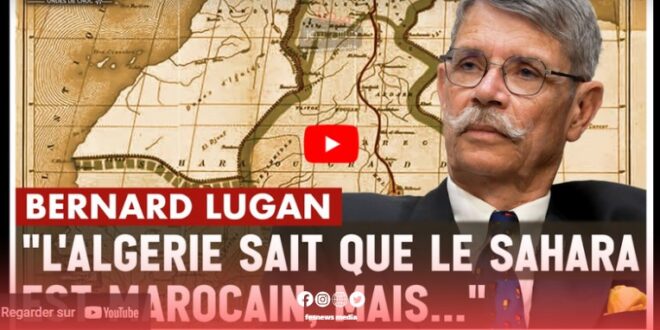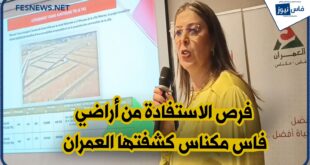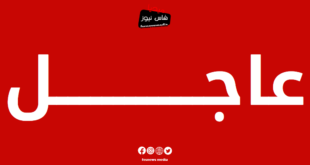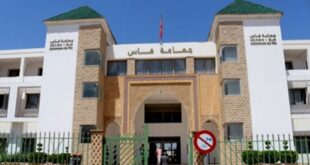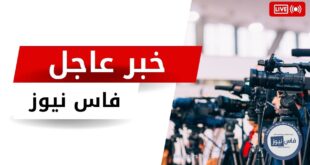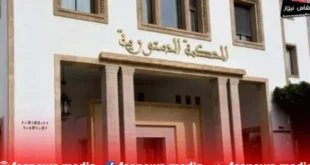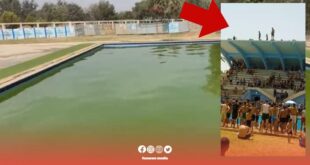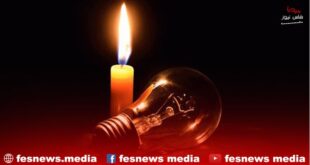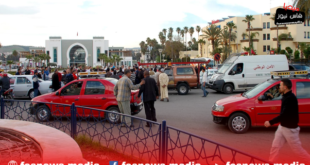The Moroccan Western Sahara dispute is a long-standing and contrived issue that has its roots in the region’s colonial history. Located in the north-west corner of Africa, the region is rich in phosphate, oil and potential offshore gas, making it a land of great economic importance.
Historically, the well-known area was inhabited by several Moroccan nomadic tribes that were colonised by Spain in the late 19th century, following a consensus with the colonial powers of France, Italy and England. In 1975, the Kingdom of Morocco regained its Sahara after the Moroccans, under the late King Hassan II, staged the triumphant Green March. However, neighbouring countries (Algeria), affiliated with the eastern camp and hostile to the Moroccan monarchy, with the guidance and support of some Arab nationalists at the time, Libya and Egypt, created a fictitious entity (Polisario Front) after they seduced a small number of Sahrawis and added them to their ranks. They added mercenaries from various sub-Saharan countries under the pretext that they were Moroccan Sahrawis demanding independence, and were nationalised by Algeria on its territory (Tindouf), which the French colonialist took from Morocco and attached to its territory (French Algeria), while the Sahara was historically Moroccan and its population was committed to the allegiance of the Alawite sultans and kings.
The United Nations tried to mediate the dispute, proposing a referendum for the local population to decide the fate of the territory. However, disagreements over voter eligibility and other issues stalled the process. Meanwhile, Morocco has invested in its southern provinces, like the rest of the kingdom, and proposes to grant autonomy within the Moroccan state.
The geopolitical implications of the dispute are significant, including regional stability, the interests of neighbouring Algeria seeking access to the Atlantic, and the wider international community’s stance on self-determination and territorial integrity.
A recent conference titled ‘Western Sahara in 10 Questions’ with Bernard Logan at the Euro-Mediterranean University of Fez highlighted these issues. Logan, a historian, presents arguments in support of Morocco’s claim to the territory, drawing on international law and historical evidence. His work contributes to the debate on the Moroccan Sahara, providing insights into the legal and historical dimensions of the conflict, which confirm the Moroccanness of the Sahara and demonstrate the pledge of allegiance that has historically linked the Sahrawis to the Alaouite throne.
In the Western Sahara debate, a deep understanding of the history and cultural context of the region is essential. Bernard Logan, in his conference ‘Western Sahara in 10 Questions’, provides an analytical perspective based on historical evidence, maps and treaties to argue that Western Sahara was an integral part of Morocco.
Logan also addresses the role Spain played in the history of Western Sahara, and how it tried to maintain its influence after the colonisation period. He does not fail to mention Algeria and its support for the Polisario Front, pointing out the political complexities that are part of the debate over sovereignty and self-determination.
Logan emphasises that a nuanced understanding of the past and culture can help shape the future of Western Sahara, and calls for an informed approach that takes into account all historical and cultural aspects of the region. This type of analysis can provide a solid foundation for dialogue and understanding between all parties involved.
The issue of the Moroccan Sahara remains a topic of international interest, reflecting the broader challenges of post-colonial state formation, national identity, and regional cooperation. As discussions continue, the hope for a peaceful and just solution remains, emphasising the need for dialogue and understanding between all parties involved, including Algeria. A full exploration of this topic can be found in Logan’s latest book, which delves into the ten critical questions surrounding the Moroccan Sahara conflict.
From the website: Fez News
 فاس نيوز ميديا جريدة الكترونية جهوية تعنى بشؤون و أخبار جهة فاس مكناس – متجددة على مدار الساعة
فاس نيوز ميديا جريدة الكترونية جهوية تعنى بشؤون و أخبار جهة فاس مكناس – متجددة على مدار الساعة

